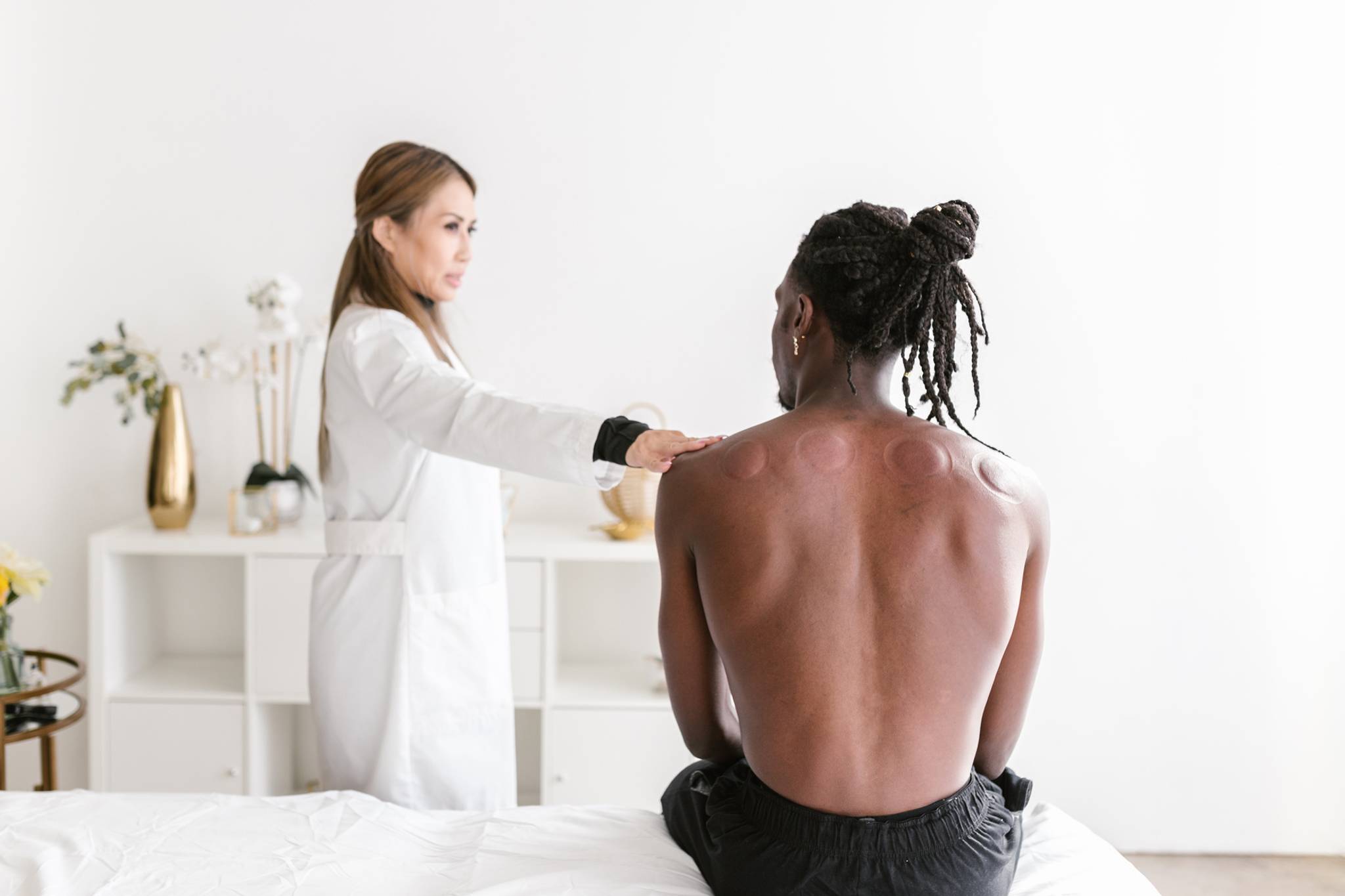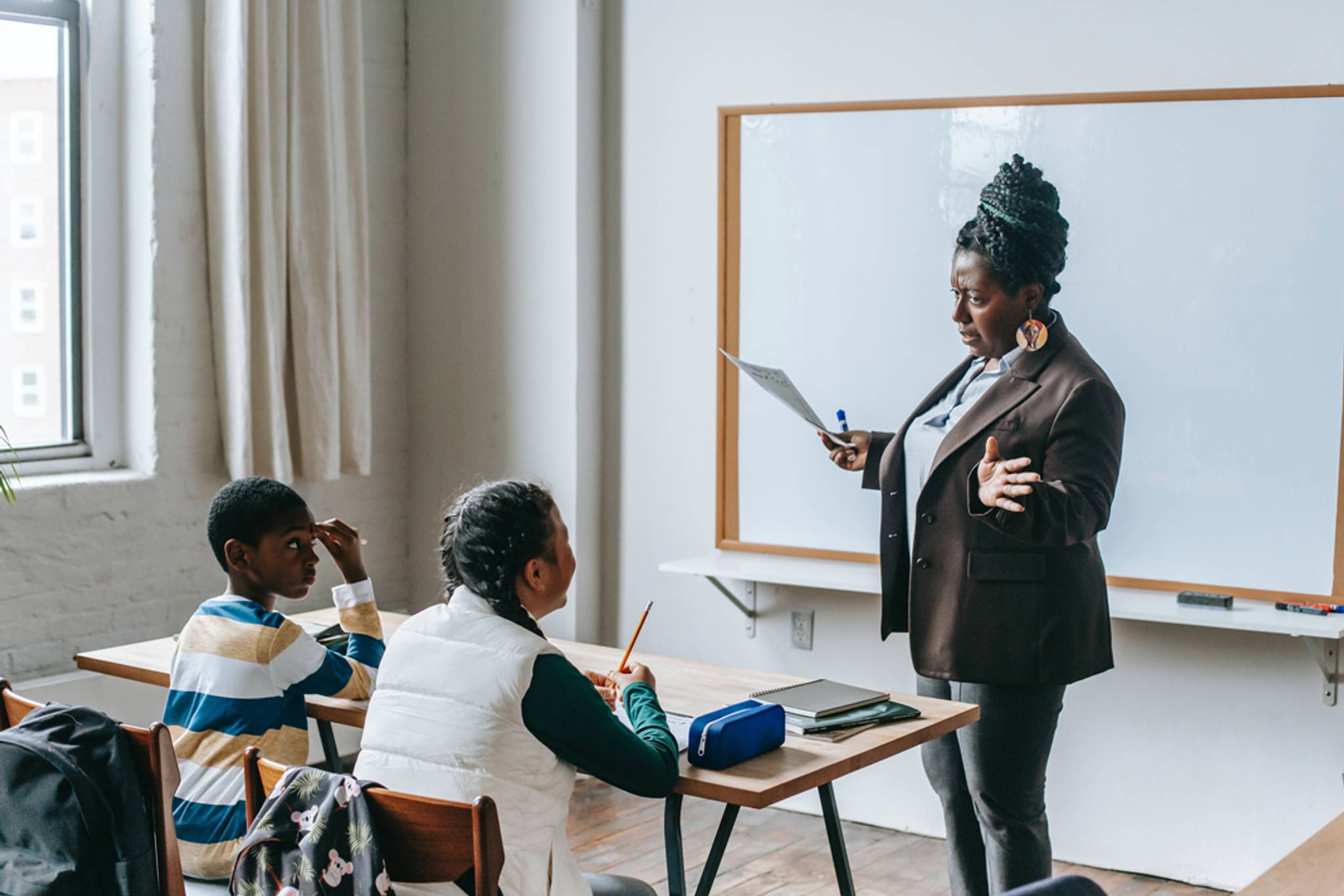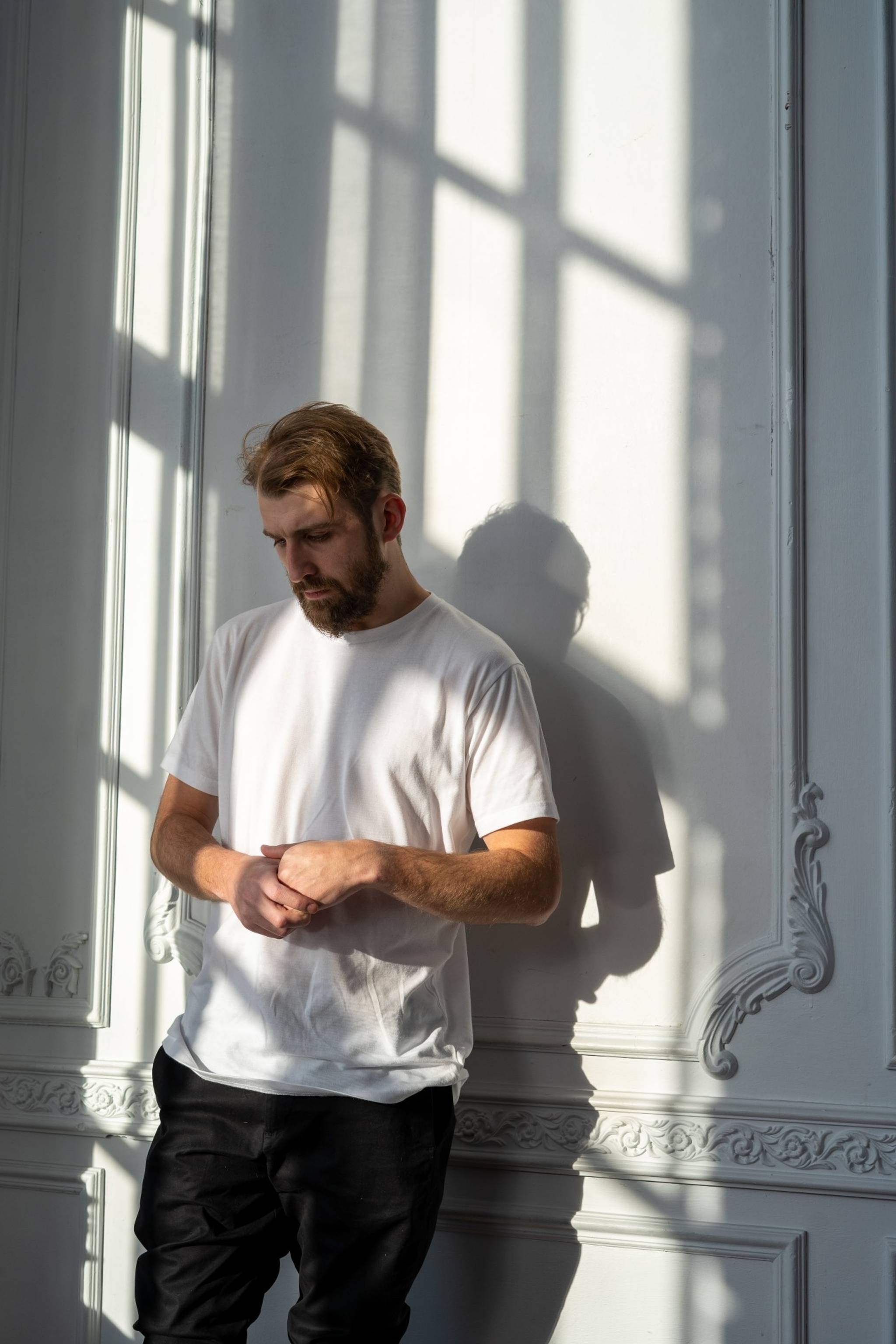
How might social connections curb mental care crises? Could past health solutions shape the future? How can exercise be integrated into everyday life? In this part of the 2022 Expert Outlook, we speak to three experts about how health and fitness routines will evolve in the wake of COVID-19.
Lee Chambers is a psychologist, entrepreneur, and expert on wellbeing and human performance. He works with leaders and athletes, while his company advises a range of FTSE 100 companies on wellbeing strategy and bespoke training utilising performance psychology. Lee has been interviewed by Vogue, The Guardian, and Newsweek, and is regularly featured on broadcast and radio in the UK, delivering cutting-edge advice in a simple and accessible way. He also speaks on a range of topics, including health innovation and the future of wellbeing. He is the winner of the Service Entrepreneur of the Year at the Great British Entrepreneur Awards and has been identified as a Top BAME Voice in Science.
Dr. Michael Ungar is a family therapist and internationally-renowned researcher in the field of social and psychological resilience. As director of the Resilience Research Centre at Dalhousie University, he has published 17 books on resilience for both lay and professional audiences, along with over 200 scientific papers. In addition to his research and clinical practice, Dr. Ungar has delivered workshops and keynote addresses to many Fortune 500 companies, international NGOs, and government agencies, helping them integrate the concept of resilience into their HR practices, work with clients, and corporate social responsibility strategies.
Tom Holland is an exercise physiologist, certified sports nutritionist, and the CEO and founder of TeamHolland LLC. He works with individuals, companies, and organisations in need of targeted expertise in exercise science and sports nutrition.
Sabrina Faramarzi is an international journalist, trend analyst, and data storyteller. Her work explores patterns across sociocultural phenomena through a future-focused lens, with an interest in new media development and storytelling innovations. Faramarzi has worked and written for publications such as The New York Times, The Guardian, Vogue Business, Wired, and VICE, and has helped brands such as Google, Meta, Airbnb, Lush, Tempur, Regus, and GSK to create relevant content for their audiences. She founded Dust in Translation, a boutique creative storytelling agency helping organisations build and produce innovative, data-driven content and communications strategies.



